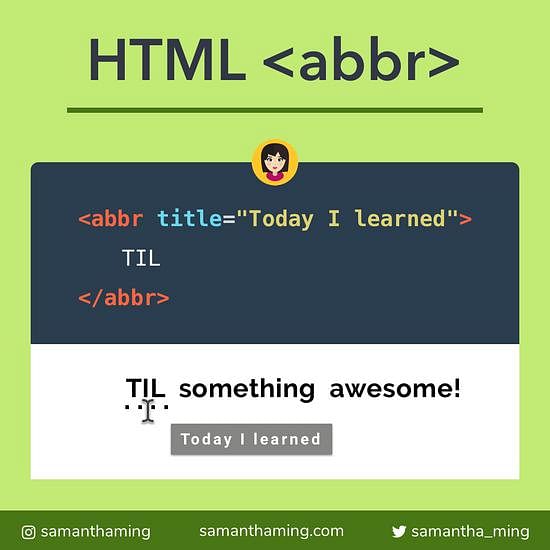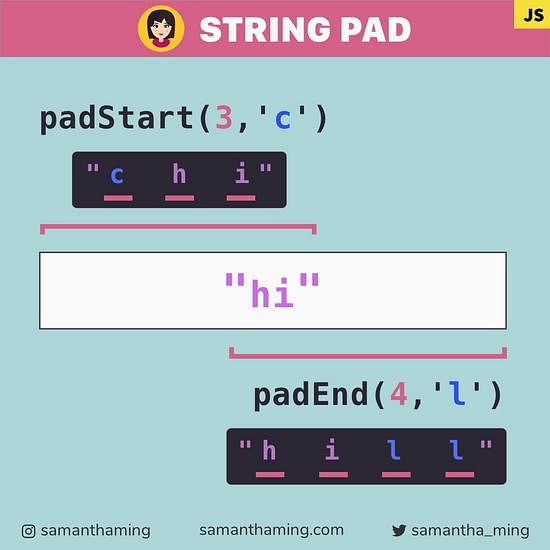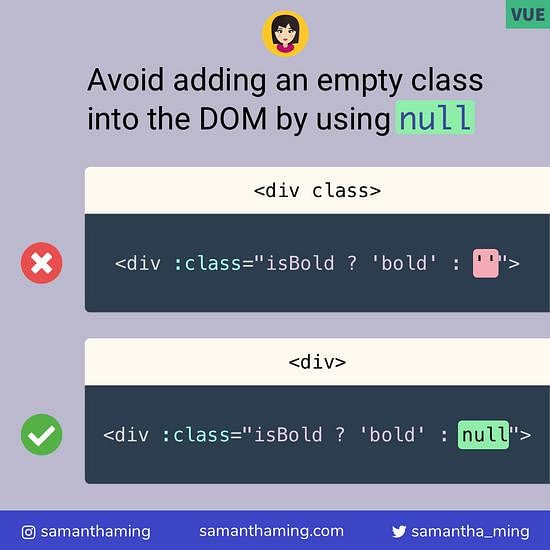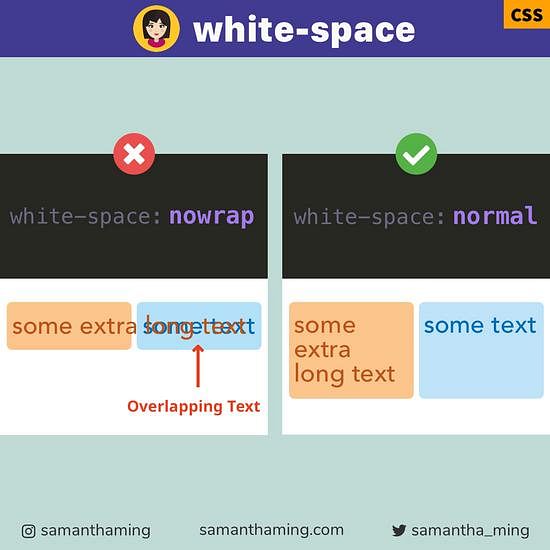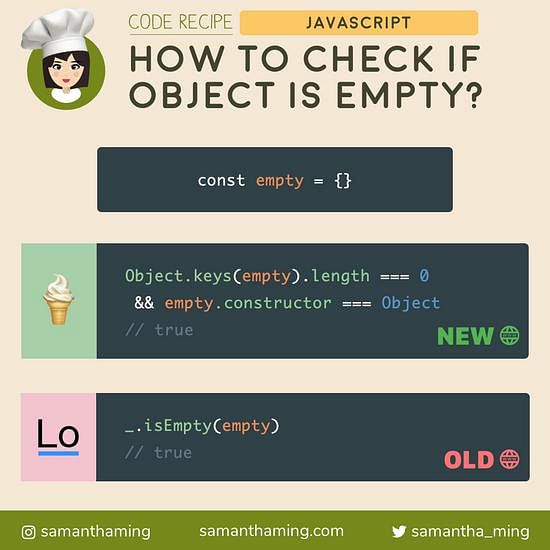# 2 Ways to Merge Arrays in JavaScript
Here are 2 ways to combine your arrays and return a NEW array. I like using the Spread operator. But if you need older browser support, you should use Concat.
// 2 Ways to Merge Arrays
const cars = ['🚗', '🚙'];
const trucks = ['🚚', '🚛'];
// Method 1: Concat
const combined1 = [].concat(cars, trucks);
// Method 2: Spread
const combined2 = [...cars, ...trucks];
// Result
// [ '🚗', '🚙', '🚚', '🚛' ]
# Alternative Concat Syntax
Alternatively, you can also write the concat method, in this regard:
const cars = ['🚗', '🚙'];
const trucks = ['🚚', '🚛'];
const combined = cars.concat(trucks);
// [ '🚗', '🚙', '🚚', '🚛' ]
console.log(cars); // ['🚗', '🚙'];
console.log(trucks); // ['🚚', '🚛'];
As you can see, this way of writing it doesn't manipulate or change the existing array.
Which one should I pick?
Let's list out both versions, so you can see it in comparison.
// Version A:
const combinedA = [].concat(cars, trucks);
// Version B:
const combinedB = cars.concat(trucks);
So now the question is, which one should I pick 🤔. I prefer Version A because I think the intention is a lot more clear. Just by looking at it, I know I'm creating a new array and I'm not manipulating the existing array. Whereas if I look at Version B, it appears like I'm adding the trucks array to the cars array, and it doesn't seem obvious to me that the cars array isn't being changed. But, maybe that's just me. I'd be curious to know what you think?
Since I don't really have a substantial reason besides aesthetics, I think you and your team should stick with whatever you choose 👍
# Difference between Spread vs Concat
I prefer using spread, because I find it more concise and easier to write. BUT, there are still benefits of using concat.
Spread is fantastic when you know beforehand that you're dealing with arrays. But what happens when the source is something else, like a string. And you want to add that string to the array. Let's walk through an example.
# Example: Dealing with an arbitrary argument
Let's say this is the outcome we want:
[1, 2, 3, 'random'];
A. Using Spread
And if we follow the pattern we've been using and used the spread operator. Here's what happens:
function combineArray(array1, array2) {
return [...array1, ...array2];
}
const isArray = [1, 2, 3];
const notArray = 'random';
combineArray(isArray, notArray);
// 😱 [ 1, 2, 3, 'r', 'a', 'n', 'd', 'o', 'm' ]
☝️ If we spread our string, it will split the word into separate letters. So it doesn't achieve the result we want.
B. Using Concat
BUT, if we follow the concat pattern that we've been doing. Here's what happens:
function combineArray(array1, array2) {
return [].concat(array1, array2);
}
const isArray = [1, 2, 3];
const notArray = 'random';
combineArray(isArray, notArray);
// ✅ [ 1, 2, 3, 'random' ]
☝️ Excellent! We get the result we want.
I know some of you are like, duh! I'll just write some conditional to make sure what I'm passing is an array and execute accordingly. Sure that'd work too. Or just write less code and use concat and be done with 😂
Verdict
So here's the quick rule. If you know you're dealing with arrays, use spread. But if you might be dealing with the possibility with a non-array, then use concat to merge an array 👍
Anyways I just want to point that out, so you can use the most appropriate method depending on the problem you're trying to solve 👍
# Merge Array with Push 🤔
Some of you are asking, hey, can't I also use push to merge an array. And yes, you sure can! But when you use push, it manipulates or changes the existing array. It does NOT create a new array. So depending on what you're trying to do. Make sure you keep that in mind.
const cars = ['🚗', '🚙'];
const trucks = ['🚚', '🚛'];
const combined = cars.push(...trucks);
console.log(combined); // 4
// ☝when you use push, it returns the LENGTH of the combined array
console.log(cars); // [ '🚗', '🚙', '🚚', '🚛' ]
console.log(trucks); // ['🚚', '🚛']
Also, when you're trying to push an array to another array. You will need to spread it, otherwise, you will end up getting a nested array. Of course, unless that's what you wanted 😜
const cars = ['🚗', '🚙'];
const trucks = ['🚚', '🚛'];
cars.push(trucks);
// 😱 cars: [ '🚗', '🚙', [ '🚚', '🚛' ] ]
cars.push(...trucks);
// ✅ cars: [ '🚗', '🚙', '🚚', '🚛' ]
# Browser Support
Spread was introduced in ES6, so all modern browser supports it. Except for the "I'm too cool" Internet Explorer - no support there 😕. So if you need IE support, you want to use concat instead or use a compiler like Babel.
